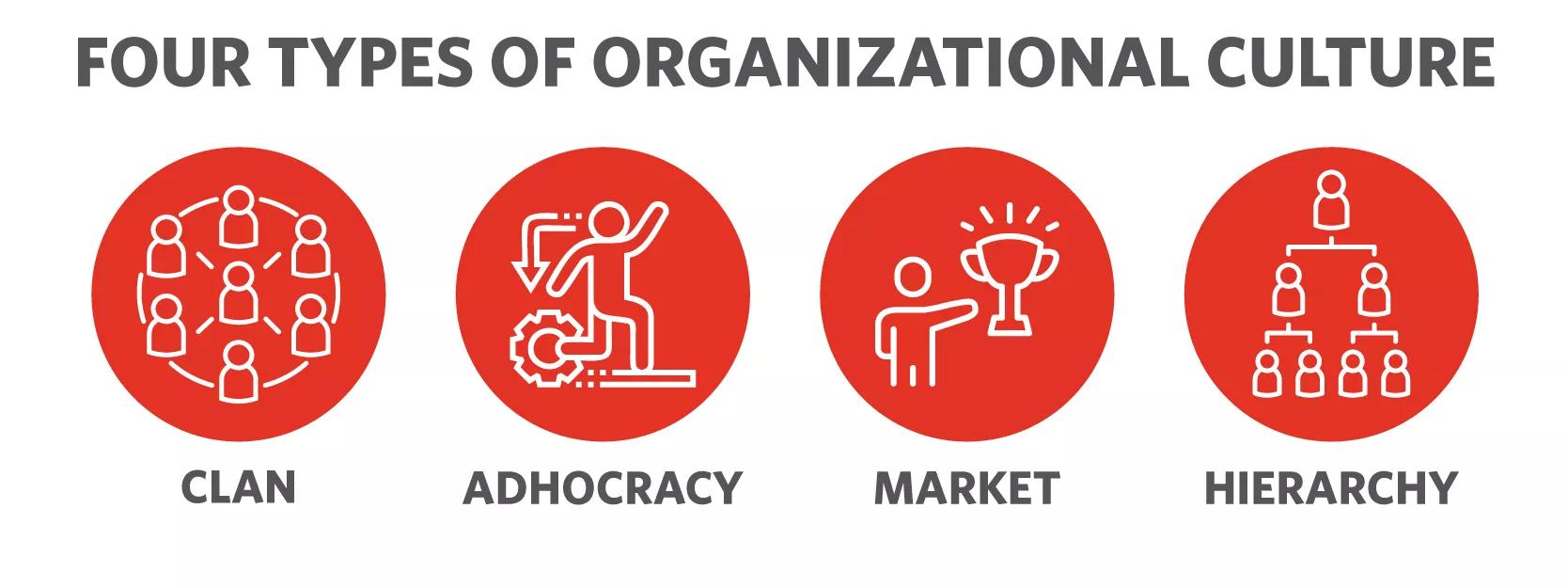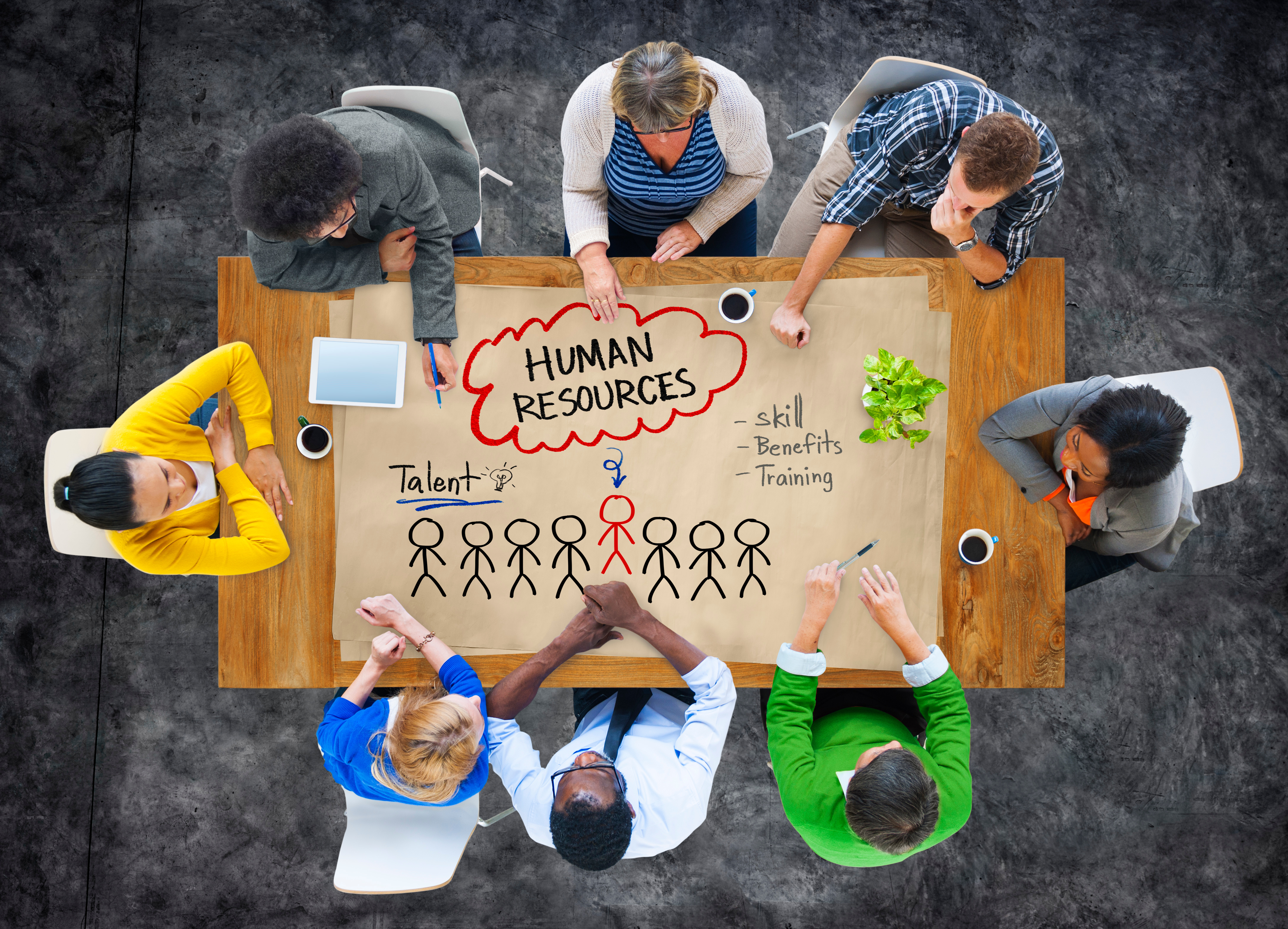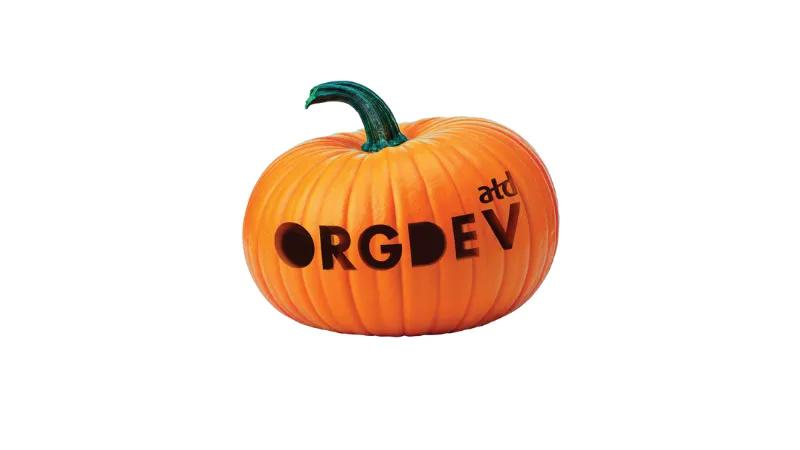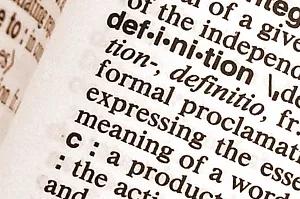What is Organizational Culture?
Organizational culture is the sum of the values, beliefs, practices, and behaviors that contribute to the social and psychological environment of an organization.Social psychologist Geert Hofstede believed that while national cultures are based on deeply held values, organizational cultures are more concerned with practices. The repetition of those practices or behaviors within a workplace help to define the organization’s culture.The culture of an organization is also influenced by a number of other people factors as well, including but not limited to the personalities and leadership style of the founder(s) and executive team, the staff’s mindset, the dynamics within the teams and departments, the presence of organization development (OD) professionals and processes, and the interconnectivity of the organization as a whole.Other factors such as the organization’s industry, the reward and incentive systems within the business, the benefits packages, the politics of the time, the local culture, and the community involvement can all highly influence the organizational culture.
Types of Organizational Culture
A number of organizational cultures exist in the real world and remain fluid, dependent on a number of internal and external factors. By putting OD processes in place, OD and human resources professionals can change the company culture, but it will take a lot of action-planning. According to the Organizational Culture Assessment Instrument (OCAI) distinguishes between four types culture:

Clan: A clan culture is a friendly, almost family-like work environment. This culture focuses on morale of the employees and relationships above all else.
Adhocracy: Also called a create culture, this culture moves fast and fails fast. It is keen on innovation, agility, and learning from failures.
Market: A culture centered on results, or desired outcomes, and goals. Employees in this culture are highly driven and motivated.
Hierarchy: A procedural-based culture that emphasizes structure, compliance, and stability over innovation.
How to Build Organizational Culture?
An organizational culture is dynamic; it evolves and adapts to the times and the organization’s leaders and staff. An OD practitioner can help to create a great organizational culture by working to identify problems and putting structure and processes in place to ensure the culture survives through the ebbs and flows of time. To be effective, OD practitioners should be knowledgeable in behavioral science and OD interventions.
All organizations with great company culture must have shared values in place. These values help emphasize a common culture throughout the organization and help recruiters find the right culture fit for the organization.
Along with shared values, an organization should have a shared mission or vision. Why does the organization matter? How does the organization’s work matter? What does the future of the organization look like? Having a shared vision helps to foster unity and a shared goal.
A strong culture or company brand attracts the right talent. Analyzing your company brand by doing a culture audit is critical to knowing if your brand is strong and based on company values. Hiring based on values is important but having the values baked into the brand for those applying to positions is just as important.
Once you have audited and identified areas that need work, create a culture committee or invite people in the company to act as the culture liaisons. The culture liaisons do not have to be in human resources, but a reward and incentive system either through human resources or through the culture liaisons should be in place as well. Those employees who are amplifying your company’s core values should be rewarded for making the extra effort.
What Can the Association for Talent Development Do to Help?
The Association for Talent Development (ATD) offers various resources for those interested in learning more or developing their OD practice. Becoming a successful OD practitioner includes furthering your knowledge in areas such as collaboration and leadership, performance improvement, business partnering and consulting, change management, talent management, project management, and beyond. ATD offers a wide variety of content, education, and publications in these areas. For access to even more resources, including practical tools and templates, research, and insights, you’re invited to become an ATD member. Learn more.

BLOGS
Organization Development & Culture Topic Page
FInd best practices and trends for developing the next generation of talent. Start here today!

NEWSLETTER
OD and Talent Management Newsletter
Insights and trends for improving an organization's capability. Sign up today!

COURSES BY ROLE
Human Resources/Organizational Development Professionals
Discover courses for human resources and organizational development professionals, or TD professionals with HR/OD responsibilities. Explore courses!

OCTOBER 20–22, 2025
ATD OrgDev
Learn to create a more inclusive culture, build talent retention, and create an engaged workforce.
There is still time to register!

GLOSSARY TERMS
Talent Development Glossary Terms
Learn about essential terms and need-to-know expressions for training and development professionals. Explore now!
Free E-Book: Remote Work Audit
By using this remote-work audit, you can help your organization reinvent and reinstate a company-wide culture rooted in your values and mission to keep your employees connected and on track for success.
